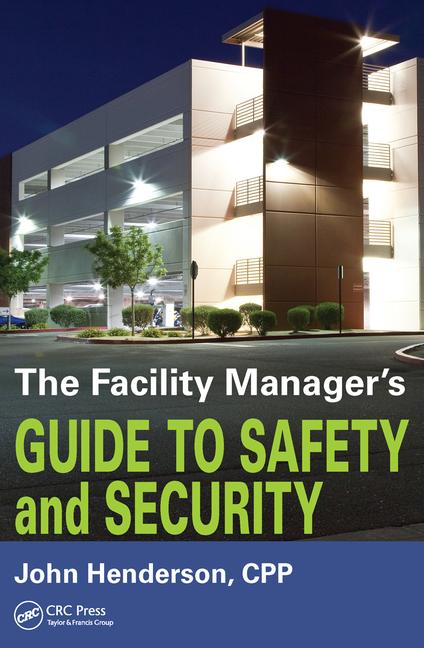Survey: Middle Market Executives Feel Confident About the Economy

IMAGE COURTESY OF StockSnap VIA PIXABAY
As installing security contractors strategize for the year ahead, many dealers and integrators will look to their own client base to help them read the economic forecasting tea leaves. Is demand for engineered systems slowing down? Are security budgets stagnant or being trimmed? Are end customers shelving facility expansion plans? What is the state of their own project pipeline?
Amid fears of a potential recession in 2023, one segment of the U.S. economy that looks to be mostly bucking various business headwinds is the middle market. This critical sector is where dealers and integrators are deeply engaged with a wide range of service-oriented commercial end users, including retail and wholesale trade, construction, manufacturing, business services, healthcare, education and more.
The sector is estimated to account for approximately one-third of the U.S. economy, according to the National Center for the Middle Market (NCMM), a research center located at The Ohio State University Fisher College of Business. There are about 200,000 middle-market firms in the U.S., most of them privately owned or closely held, with combined annual revenues totaling more than $10 trillion.
So, it stands to reason what’s happening in the middle market can shed relevant light on the pulse of the U.S. economy in general, and specifically on particular clientele that budget for physical and electronic security systems and services. And according to a newly released report from NCMM there is cause for positivity in this sector.
Data from the 2022 Year-End Middle Market Indicator (MMI) just released by NCMM, reveals that middle market companies continue to report strong year-over-year revenue growth, with the average rate of growth holding steady at 12.2% since December 2021. The percentage of middle market companies reporting year-over-year revenue growth increased from 78% to 81% this past year.
“The middle market has demonstrated once again its remarkable consistency in delivering impressive growth and resilience in the face of changing macro-economic challenges,” Doug Farren, managing director, NCMM, stated in an announcement. “As we head into 2023, we’ll be closely monitoring how improving optimism and expansionary plans to support growth emerge in the face of ongoing inflation and some fears of a possible recession.”
NCMM’s bi-annual flagship research report, produced in collaboration with Chubb and Visa, surveyed 1,000 executives from the middle market during December 2022. The rosy forecast from the survey’s participating executives is reflected in the economic confidence in the global and U.S. economies. After a dip in June 2022, confidence in the global economy rose nine points to 73%, while confidence in the national economy sits at 74%, a five-point increase over the last six months.
However, NCMM does cite higher interest rates and the threat of inflation are forcing middle market companies to minimize their investment appetite. Approximately two out of five companies (38%) said they have delayed capital investments due to inflation.
Among top concerns, approximately a third of surveyed companies reported that the size of their current workforce is insufficient to meet future growth needs. Supply chain disruption, which has been a challenge over the past 18 months, has shown signs of improvement. Just 42% of those surveyed cited experiencing supply chain issues over the past six months, down from 55% as reported in the 2022 Mid-Year MMI.
Amid recession concerns, 42% of middle market companies reported they would be negatively impacted by a recession. If a recession were to occur, companies said they would most likely cut expenses via budget reductions (32%) or operational efficiency (31%). They would also conserve cash (31%) and leave positions unfilled (29%). To curb the impact of rising interest rates, 29% of middle market companies plan to slow down hiring — a five percentage point increase from just six months ago — and delay the introduction of new products/services (26%).
“The year ahead presents some considerable economic headwinds to middle market companies with persistent inflation, recession concerns and supply chain disruptions, but we are also seeing in the survey data and from our clients hope and the possibility for growth,” stated Ben Rockwell, division president, Chubb Middle Market.
To download a pdf of the full report, click here.
Looking for a reprint of this article?
From high-res PDFs to custom plaques, order your copy today!








